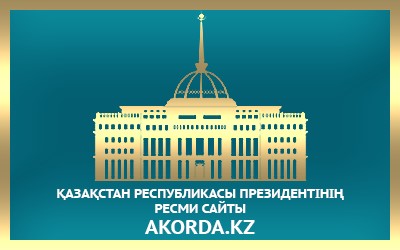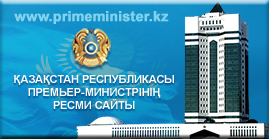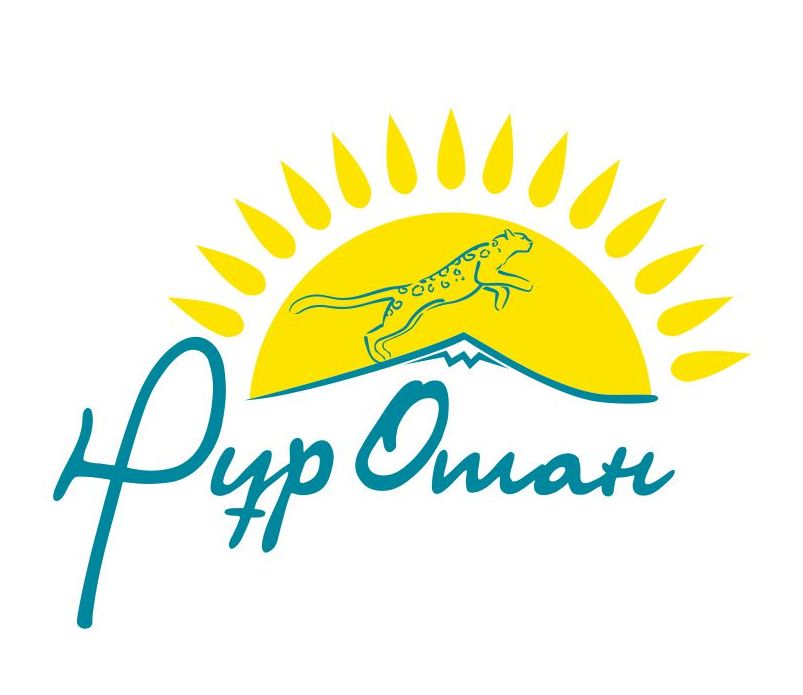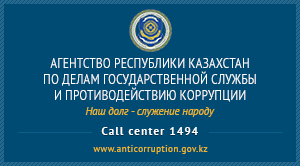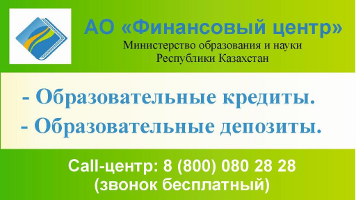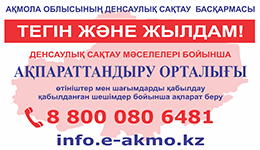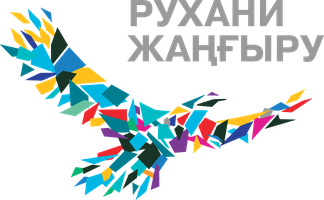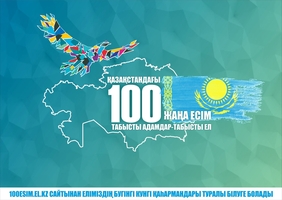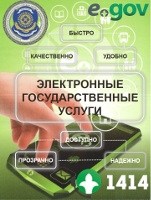
Short term plan 10
|
7.3A Reading for pleasure |
School: | ||||||||||||||||||||||
|
Date: |
Teacher’s name:
| ||||||||||||||||||||||
|
Grade 7 __ |
Number present: |
absent: | |||||||||||||||||||||
|
Theme of the lesson: |
Vocabulary revision. Role-play “The gift of the Magi” | ||||||||||||||||||||||
|
Learning objectives(s) that this lesson is contributing to |
7.C2 use speaking and listening skills to provide sensitive feedback to peers 7.C3 respect differing points of view 7.S8 recount some extended stories and events on a growing range of general and curricular topics | ||||||||||||||||||||||
|
Lesson objectives |
All learners will be able to: | ||||||||||||||||||||||
|
· Express their ideas in groups; · Complete the vocabulary task with some support; · Assess performances of classmates; | |||||||||||||||||||||||
|
Most learners will be able to: | |||||||||||||||||||||||
|
· Speak, using proper grammar rules with some support; · Complete the vocabulary task with minimal support; · Create their speech with some support; · Give critical feedback to their classmates; | |||||||||||||||||||||||
|
Some learners will be able to: | |||||||||||||||||||||||
|
· Complete the vocabulary task independently; · Speak and write independently; · Provide assistance and support to less able classmates. | |||||||||||||||||||||||
|
Assessment criteria |
Speaking – presenting ideas clearly to others, grammar, vocabulary | ||||||||||||||||||||||
|
Language objective |
Use subject specific vocabulary. Use appropriate Present and Past Tenses. | ||||||||||||||||||||||
|
Intercultural awareness |
Reading a work by a foreign author. Learning about other people’s traditions and way of living. Reviewing famous literary works, characters and authors. | ||||||||||||||||||||||
|
Value links |
Responsibility , Global Citizenship, Collaboration | ||||||||||||||||||||||
|
Cross curricular links |
Literature | ||||||||||||||||||||||
|
Use of ICT |
Projector or Smart board for showing a presentation, laptops for online dictionaries | ||||||||||||||||||||||
|
Previous learning |
Simple tenses, vocabulary related to books and reading | ||||||||||||||||||||||
|
Kazakh culture |
Review of some Kazakh works and authors during the group division. | ||||||||||||||||||||||
|
Pastoral Care |
Assure the needs of all learners are met. | ||||||||||||||||||||||
|
Health and Safety |
Make sure to ventilate the room before the lesson and remind the learners to be careful with cords and corners. | ||||||||||||||||||||||
|
Planned timings |
Planned activities |
Resources | |||||||||||||||||||||
|
1-3 minutes
4-10 minutes
11-14 minutes
15-35 minutes
36-40 minutes
|
Greeting Teacher greets learners and introduces the lesson objectives. To review the vocabulary, act out parts of the story and assess each other’s performances.
Vocabulary check Teacher makes sure that every student has read “The gift of the Magi”, which was given previously as a hometask. Then teacher hands out worksheets with pictures that represent some of the words from the text. Learners need to write the names of objects in the provided space.(I) Differentiation – more able learners write the words themselves, less able learners choose from the box. After the learners have finished, teacher shows the slides on the board, asks the class and checks the answers together with them.(W) Answers: 1. watch 2. store 3. heavy 4. gift 5. quiet 6. comb 7. coat 8. chain
Group division Learners take cards with book-related phrases on them. They should form groups of 3-4 by joining classmates whose cards have some common theme with theirs(e.g. apple, pear, banana will come together because they are fruits)
Role-play(G,W, SA) Teacher gives out cards with situations randomly to each group. They need to discuss the situation from the story, assign roles and perform it in front of the whole class.
Situation 1 – Della wants to buy a gift for Jim, so she goes to the hairdresser to cut and sell her hair. The hairdresser doesn’t want to cut it, but Della persuades her. Situation 2 – Jim wants to buy a comb for Della as a gift. He takes his watch to the store. The shopkeeper wants to pay a low price for it. Jim asks for more and then sells the watch. Situation 3 – Della is cooking dinner. Jim comes home at 7 o’clock. They give each other their presents.
Teacher should monitor the preparation process, check, if everyone takes equal participation, and provide help if necessary. As each group performs, others should assess them according to the criteria provided.
Criteria
Reflection Teacher invites learners to put sticky notes on the picture that best describes how they felt during the lesson.
Heavy stack of books – it was very difficult to understand Boy reading a book – it was fine Boy jumping with a book – I understood everything
Hometask Revision |
Power Point Presentation, slide 2
“The gift of the Magi”.pdf
Appendix 1 - for more able.doc Appendix 1 - for less able.doc
PPP, slides 3-10
Appendix 2 – group division.doc
Appendix 3 – situations.doc
Appendix 4 – summative assessment.doc
Appendix 5 – reflection.doc
| |||||||||||||||||||||
|
End 1min |
Feedback: Teacher asks learners what task was difficult to them and which pair worked well. |
| |||||||||||||||||||||
|
Additional information | |||||||||||||||||||||||
|
Differentiation – how do you plan to give more support? How do you plan to challenge the more able learners? |
Assessment – how are you planning to check learners’ learning? |
Critical thinking | |||||||||||||||||||||
|
Less able learners: · (4-10) Provide less able learners with the words written on a worksheet so they can choose. · (15-35) Create mixed ability groups. More able learners: · (4-10) Theyname the objects without any help. They can also write synonyms and antonyms to given words. · (15-35) They can provide support and assistance to classmates that need help. |
· Monitor learners to check they remember new vocabulary. · Observe learners when creating and rehearsing their group performance. Do they all take equal participation in discussions? · Pay attention to their reflection. Did they feel comfortable during the lesson? What can you do to improve the lesson?
|
Learners work in groups, discuss their ideas and decide how to act out parts of the story that were not mentioned in the original text. | |||||||||||||||||||||
|
Summary evaluation What two things went really well (consider both teaching and learning)? 1: 2: What two things would have improved the lesson (consider both teaching and learning)? 1: 2: What have I learned from the lesson about this class or individuals that will inform my next lesson? | |||||||||||||||||||||||







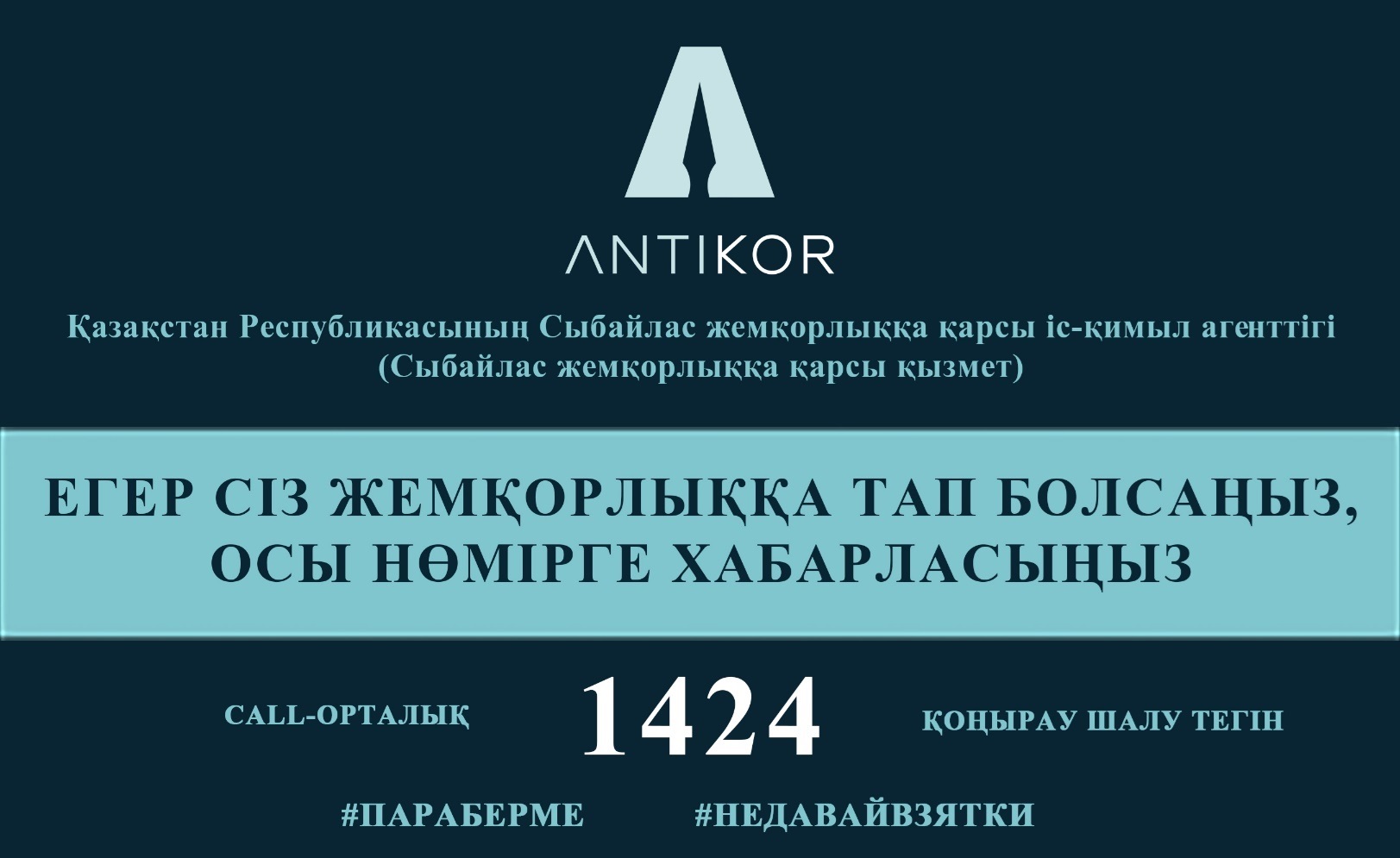
 Мектепке дейінгі балалар ұйымына жолдама қалай алуға болады
Мектепке дейінгі балалар ұйымына жолдама қалай алуға болады
 Мектепке тіркеу үшін құжаттарды қабылдау
Мектепке тіркеу үшін құжаттарды қабылдау

 Learning Study технологиясы аясындағы...
Learning Study технологиясы аясындағы...
